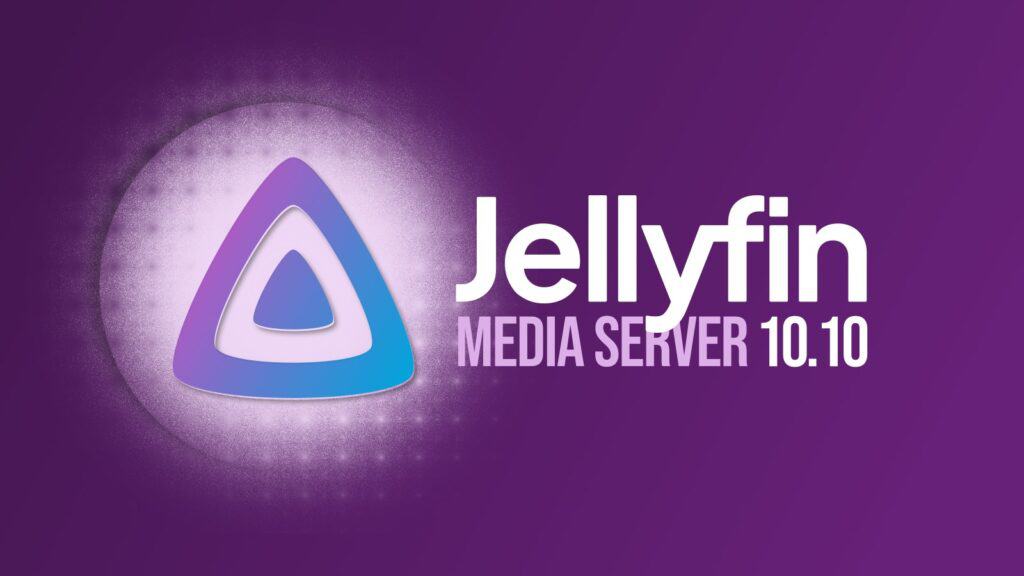After more than five months in development after its previous 10.9 version, Jellyfin, the popular free and open-source media system beloved by self-hosting enthusiasts, has officially released its much-anticipated 10.10 release.
Breaking Changes
The update introduces some important breaking changes. But don’t worry—most Jellyfin clients will continue working smoothly without any forced upgrades—except for Jellyfin4Kodi, which currently faces some issues. Luckily, a fix is coming, so hang tight if you use that client.
Another significant change is the deprecation of Raspberry Pi V4L2 hardware transcoding support. Additionally, Jellyfin is starting to phase out 32-bit ARM support, with the goal of fully removing it in the upcoming 10.11 release. This means it’s time to consider upgrading your hardware if you’re still running Jellyfin on older, slow ARM devices.
The devs also shifted to using system temporary storage (like “/tmp” on Linux) for short-lived files, allowing faster performance and less clutter. So, ensure your setup doesn’t rely on the older temporary storage behavior.
Furthermore, Jellyfin now requires FFmpeg to be installed and fully functional for the server to start. This is crucial to ensure stability in playback and transcoding.
Finally, library network paths are now fully removed, and this functionality won’t work anymore. Systems with Trickplay enabled might notice a longer startup during the upgrade—this is a one-time migration step that brings exciting new functionality.
Jellyfin 10.10: Cool New Features
Jellyfin now supports Media Segments, which allow specific time-spans within videos to be defined and used for extra features—like a skip button for intros. This requires a plugin to work, so devs released one that uses the chapter names of movies or episodes. More plugins are expected to follow, making this feature even more versatile.
Moreover, keyframe extraction for Trickplay has been significantly improved, potentially boosting speed up to 100 times, depending on your settings. In other words, no more waiting days for Trickplay to finish—but remember, this improvement must be explicitly enabled in settings.
Playback and transcoding also get a big boost with Jellyfin 10.10, including support for HDR10, Dolby Vision, and Dolby AC-4 audio. The update integrated stereo downmixing algorithms and additional transcoding optimizations, making the viewing experience smoother, especially for those with higher-end media setups.
Continuing with the novelties, lyrics support for your music libraries is more customizable now, letting you choose which plugins provide lyrics—similar to selecting metadata plugins. Audio tag scanning has also been enhanced, providing more consistent and reliable results.
Last but not least, the web UI now supports additional features like CBT and CB7 book formats, PGS subtitle rendering, and auto-scrolling lyrics with a built-in lyrics editor, bringing a richer multimedia experience right to your browser.
Refer to the release announcement for more information about all changes in the new version. Additionally, the full changelog for the server is here, and for the web client is here.
Regarding the next release, the roadmap for Jellyfin 10.11 is already shaping up, with the development phase set for November 2024 to March 2025. The devs aim for a feature freeze in April and a final release by the end of April 2025.
Finally, just to add, if you haven’t started using Jellyfin, we offer a detailed guide on how to swiftly and effortlessly set it up using Docker. Happy watching/streaming!
